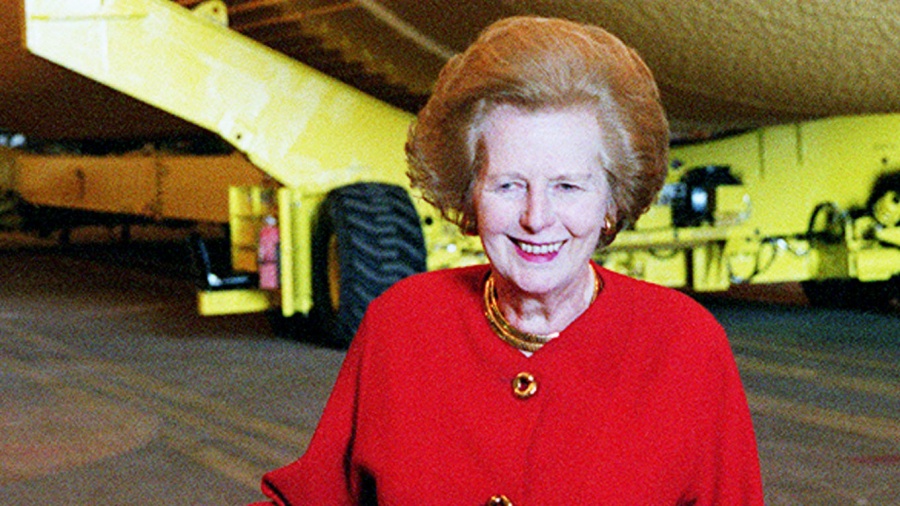On April 8, it will be 10 years since the death of the ‘Iron Lady’, Margaret Thatcher. Thatcher’s tenure as prime minister of the United Kingdom lasted a little over 11 years, from 1979 to 1990. Her influence extended beyond her own Conservative Party to mould Tony Blair’s Labour Party; Blair severed Labour’s links with trade unions and accepted the workings of the free market. As a major Western leader along with the former American president, Ronald Reagan, she also oversaw the end of the Cold War. Her tenth death anniversary is thus an opportune moment to reassess her legacy.
What Thatcher introduced to politics was an anti-intellectual efficiency — of getting the job done by taking straightforward decisions most politicians would dither on. A lot of Thatcher’s decisiveness was a mean-minded, cost-cutting approach to governance. She would often wrongfully compare the expenses of government with the economising required in running a household. This became the rationale to roll back the welfare State.
Thatcher’s legacy has had significant implications for not only the British economy and polity but also the world. The political thinking that she and Reagan espoused, with the backing of thinkers such as Friedrich Hayek and Milton Friedman, became influential. Thatcher’s lingering shadow is also over the ruling Conservatives’ enforcing grinding austerity measures in the UK, resulting in vicious cuts to government expenditure in public services. Thatcher’s Bruges speech in 1988, in which she expressed anxiety at the idea of a European supra-State, can be considered as a prelude to the disaster that Brexit is turning out to be. The effects of Brexit, combined with years of austerity, have meant that the UK is the only major economy that will not experience a bounce back as the Covid-19 pandemic subsides.
One of Thatcher’s supposed successes was the selling of government council houses to their occupants, commoditising home ownership to create a property-owning democracy. Today, the UK’s housing market is broken. Not only does it have the worst housing stock in Western Europe but younger people are unlikely to be perched on the property ladder, preferring to stay on with their more privileged parents who cashed in on the Thatcher housing boom.
Thatcher came to power in spring 1979 after Britain’s famous Winter of Discontent when industrial action resulted in uncollected garbage piling up on the streets and the dead remaining unburied. The Iron Lady is credited with reining in the unions, bringing back prosperity, and putting the ‘Great’ back into Britain. Thatcher undoubtedly brought economic success to the UK by unleashing the power of the market. But the success came to only one part of the country — the prosperous, Conservative-voting South. Her rule cleaved the nation into two, leading to the deliberate deindustrialisation of the manufacturing centres in the North. Thatcher’s big bang economic reforms of 1986 and an overvalued pound sterling led to British exports becoming even more uncompetitive. As a result, London became the largest financial centre in the world with immense amounts of money being made in the city. This could hardly square with the stern homily that Thatcher often proclaimed — ‘an honest day’s pay for an honest day’s work’.
One of her greatest victories was her breaking the back of the trade union movement, defeating the 1984-85 miners’ strike led by the trade union leader, Arthur Scargill. Today, Britain is witnessing, once again, industrial action reminiscent of the 1970s. When Thatcher died 10 years ago, someone sent a text to Scargill with the words, ‘Thatcher dead’. He promptly replied, ‘SCARGILL ALIVE’. There cannot be a better summing up of Thatcher’s troubled legacy.
Amir Ali teaches at the Centre for Political Science, JNU










